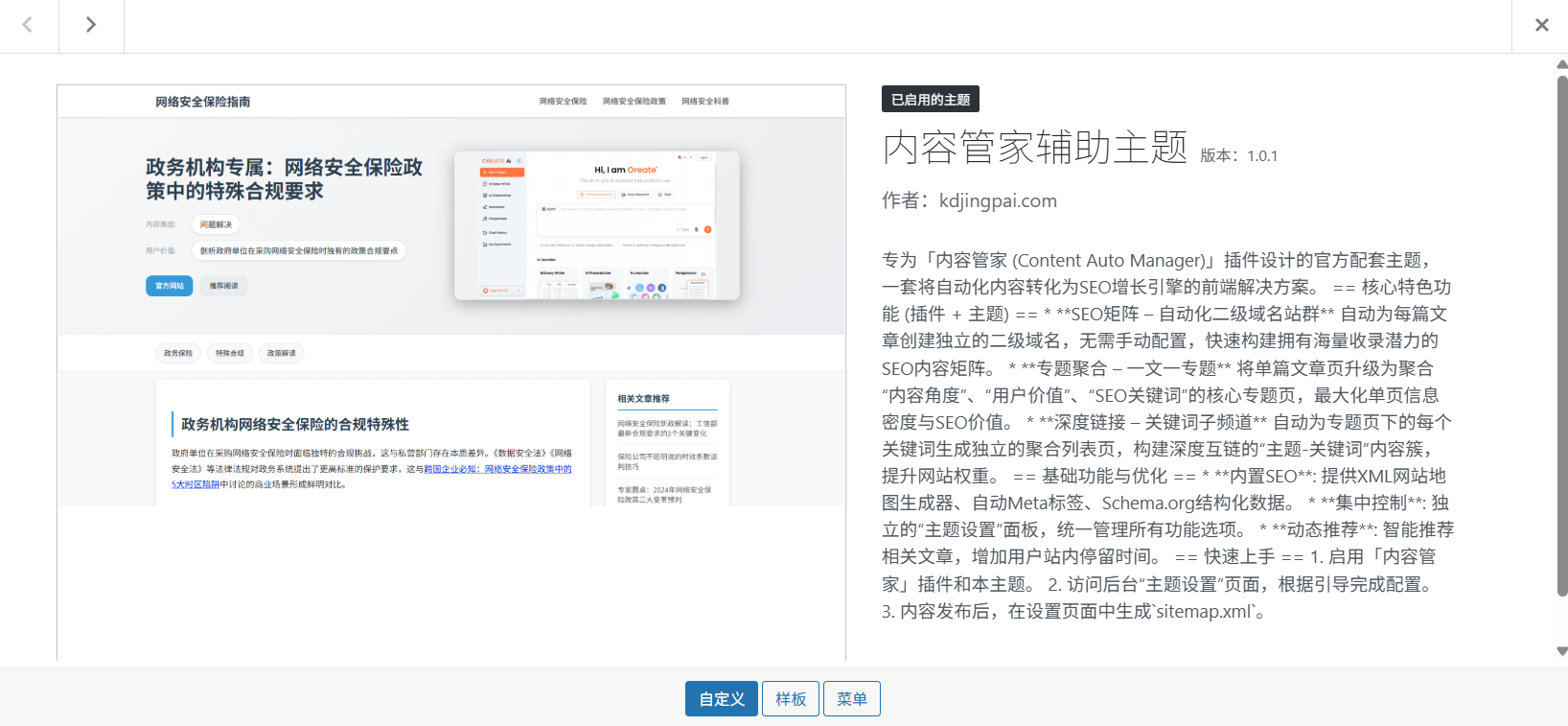In education and academic research scenarios, ytt-mcp can significantly improve the efficiency of knowledge acquisition:
Course Content Digestion: Automated processing of MOOC instructional videos, 1-hour lectures can generate: structured notes segmented by knowledge points (error rate <3%), core concepts relationship mapping, and list of difficult questions (based on Q&A snippet recognition.) MIT Open Course tests show 67% savings in note organization time.
Academic Literature Review: For academic conference videos, the tool can realize: multi-speaker content separation (accuracy rate 92%), automatic extraction of references (support for recognizing the citation format in the slides), and research methodology tagging. With Zotero plug-in can directly generate reference cards.
Cross-Language Studies: Real-time multilingual conversion of subtitles is realized by integrating translation APIs such as DeepL. Test data show that the English-to-Chinese translation scenario can maintain an accuracy rate of 85% or more in terms of specialized terminology, which is especially suitable for non-native scholars to quickly access international cutting-edge results.
The research team can also utilize its JSON format output interface to import the processing results into Qualitative Data Analysis software for coding and analysis to build a video content analysis database.
This answer comes from the articleytt-mcp: server tool to get and process subtitles for YouTube videosThe
































